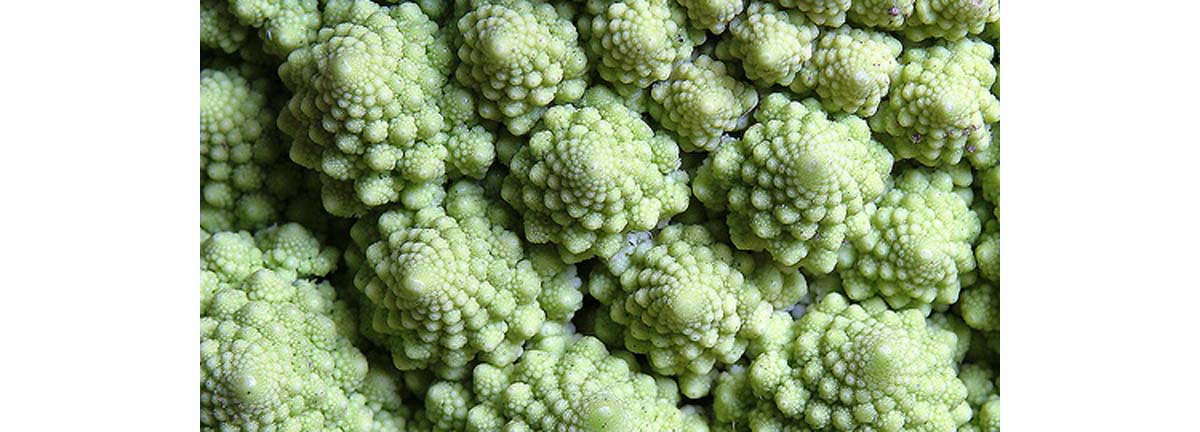Table of Contents
Experts recommend that people should consume wholesome nutritious diets rich in a variety of vegetables and fruits. One should consume a minimum of five to seven servings of leafy green vegetables, berries, tomatoes and sweet potatoes. This type of diet is full of antioxidants which prevent the damage to brain cells caused by the free radicals.

Opt for colorful plate, and don't forget sea food
Make sure that your plate is full of colors. Apples are rich in quercetin, an antioxidant which plays an important role in preventing memory loss. Blueberries and red beets are rich in anthocyanin.
Both these antioxidants are found in red onions and grapes. The purple eggplants are full of nasunin, an antioxidant which is good for the lipids in the brain tissue. Broccoli, Brussels sprouts, spinach and romaine lettuce are abundant in folic acid, another compound which is important in preventing memory loss.
Sea food is also said to be great for slowing down the rate of age related cognitive decline. Mackerel, eel, tuna and herring are rich in omega-3 fatty acids and phosphatidylserine, both of which are antioxidants that are good for the brain.
Here is a nice one to improve your memory: cocoa
A recent study published in the journal Hypertension has found that cocoa flavanols found in dark chocolate may also improve memory. The researchers examined the cognitive functions in a group of 90 elderly men who drank a dairy based cocoa drink of varying concentration, regularly. It was seen that those participants who had higher concentration of cocoa drink had a significantly improved cognitive score compared to participants drinking a lower concentration. A high intake of cocoa led to an improvement in levels of insulin resistance, oxidative stress and blood pressure. The researchers have opined that intake of cocoa as a part of nutritionally balanced diet with optimal calories, could improve cognitive functions.
It is also equally important to cut down on the intake of saturated fats and cholesterol. This is because these substances can clog your blood vessels in the form of atherosclerotic plaques. Atherosclerosis of the carotid arteries can impair the blood flow to the brain depriving it of oxygen. This may cause a decline in the cognitive functions and a loss of memory.
Do not over-eat
Although consuming a healthy diet is important, researchers from the Mayo Clinic have cautioned that over-eating may double the risk of memory loss.
They found that elderly people, above the age of 70, may double their risk of cognitive impairment if they consume calories between 2,100 and 6,000 per day.
Another study has pointed out that when the stomach is empty, the brain releases a hormone called Ghrelin. This hormone has been found to lead to the formation of new synaptic connections between neurons in the memory centers of the brain. This, in turn, causes a significant improvement in the memory and learning.
Therefore, one can safely conclude that while the brain needs energy to perform its various functions, too many calories are bad for the memory. According to the researchers, the key to a healthy brain lies in cutting down the calorie intake and eating a nutritionally balanced diet. So next time you head for your meals, pause and spare a thought for your brain. Eat food that is good for your body as well as brain. Eat a nutritious food and prevent the memory loss generally associated with old age.
- “Associations of vegetable and fruit consumption with age-related cognitive change”, by Morris MC, et al, published in the October 24 issue of Neurology, accessed on November 28, 2012.
- “Dietary intakes of berries and flavonoids in relation to cognitive decline”, by Devore EE, et al, published in the July 2012 issue of Annals of Neurology, accessed on November 28, 2012.
- “Fruit and vegetable consumption and cognitive decline in aging women”, by Kang JH, et al, published in the May 2005 issue of Annals of Neurology, accessed on November 28, 2012.
- “Protective Effects of Flavanol-Rich Dark Chocolate on Endothelial Function and Wave Reflection During Acute Hyperglycemia”, by Davide Grassi, et al, published online July 30 issue of Hypertension, accessed on November 28, 2012.
- Photo courtesy of 30691679@N07 on Flickr: www.flickr.com/photos/30691679@N07/4857428251
- Photo courtesy of dr_knox on Flickr: www.flickr.com/photos/dr_knox/2271326652

